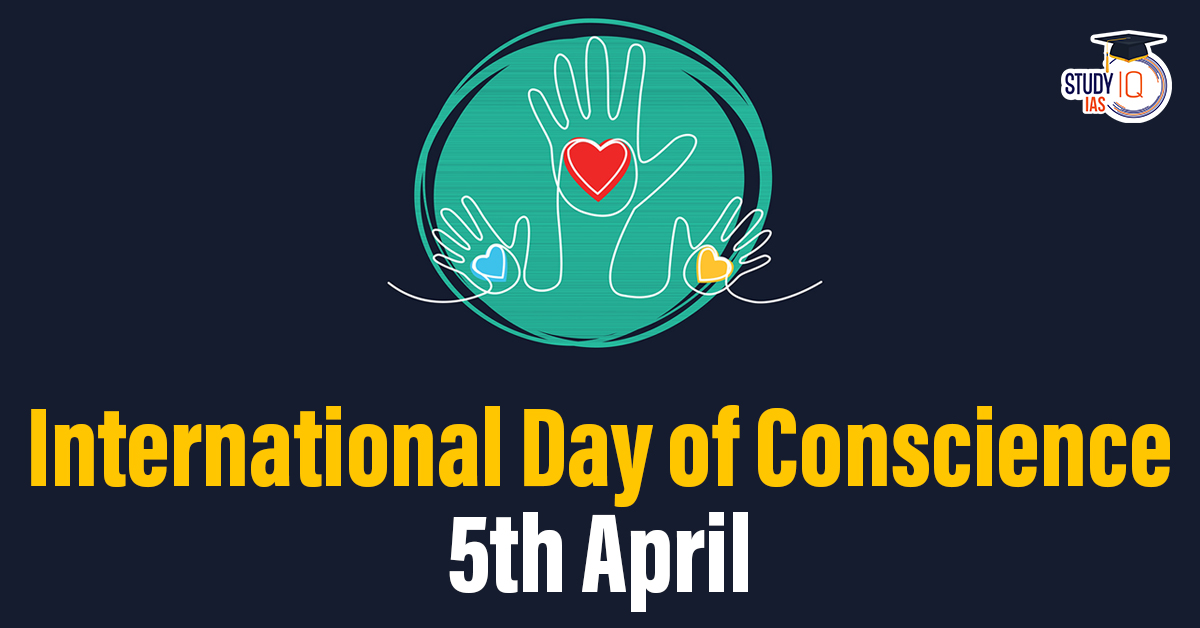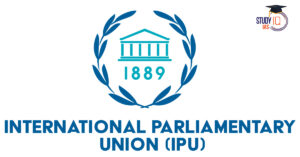Table of Contents
The International Day of Conscience 2025 will be observed on Saturday, April 5, 2025. This annual observance is dedicated to fostering a global culture of peace with love and conscience.
What is the International Day of Conscience?
The International Day of Conscience is a global observance declared by the United Nations General Assembly (UNGA) to highlight the importance of the human conscience in promoting peace, justice, and ethical behavior. It is a reminder to practice self-reflection, integrity, and moral responsibility in everyday life.
Unlike most international days focused on external events, this day calls for an inner revolution — encouraging individuals to act in alignment with their moral compass and promote the collective good.
History of the International Day of Conscience
The origin of the International Day of Conscience dates back to 2019, when His Royal Highness Prince Khalifa bin Salman Al Khalifa, the former Prime Minister of the Kingdom of Bahrain, sponsored an initiative during the 73rd session of the United Nations General Assembly.
On July 25, 2019, the UNGA adopted the resolution titled “Promoting the Culture of Peace with Love and Conscience”, officially designating April 5 as the International Day of Conscience.
Purpose of the Resolution:
-
To promote ethical awareness
-
To support the culture of peace and non-violence
-
To encourage people to act according to their moral values and principles
Significance of International Day of Conscience
This day holds great global significance in today’s world, where violence, misinformation, injustice, and ethical dilemmas dominate many societies. It reminds us that peace is not merely the absence of war, but the presence of justice, fairness, and good governance.
Key Objectives:
-
Encourage individuals to practice self-reflection
-
Inspire governments and leaders to adopt moral and ethical approaches
-
Create awareness about the importance of conscience in personal and social behavior
-
Promote unity, compassion, and empathy in societies
Conscience Across Cultures: A Brief Timeline
| Period | Milestone | Explanation |
|---|---|---|
| 3000 BCE (Vedas) | Conscience as Soul’s Wisdom | Ancient Vedic texts describe conscience as awareness gained over lifetimes. |
| 6th Century BCE (Buddhism) | Buddha on Inner Peace | The Buddha links conscience to compassion and mental clarity. |
| 2nd Century CE (Rome) | Marcus Aurelius | The Stoic emperor describes conscience as alignment with universal reason. |
| 2005 | Martha Stout | Defined conscience as moral obligation derived from empathy and emotional bonds. |
How Is the Day Celebrated?
People around the world observe this day through:
-
Public meditation and prayer sessions
-
Seminars on peace, ethics, and moral education
-
Awareness campaigns via social media (#InternationalDayOfConscience)
-
Educational workshops in schools and universities
-
Peace-building activities and community service
What Is a Conscience?
At its core, a conscience is the internal sense of what is right and wrong in one’s conduct or motives. It acts as a moral compass and plays a crucial role in:
-
Decision-making
-
Ethical living
-
Conflict resolution
-
Social harmony
Why It Matters in 2025
As we navigate a complex world of geopolitical tensions, climate challenges, and social unrest, the International Day of Conscience 2025 is more relevant than ever. It calls for a global reset — urging humanity to align with truth, love, and moral clarity.
Conclusion
The International Day of Conscience is not just about remembering moral values — it’s about living them. It encourages individuals and nations alike to adopt conscience-driven action, laying the foundation for a more peaceful, inclusive, and ethical world.


 SAMARTH Udyog Bharat 4.0: Transforming I...
SAMARTH Udyog Bharat 4.0: Transforming I...
 BHIM 3.0 Launched by NPCI: Key Features,...
BHIM 3.0 Launched by NPCI: Key Features,...
 150th Summit of Inter-Parliamentary Unio...
150th Summit of Inter-Parliamentary Unio...





















